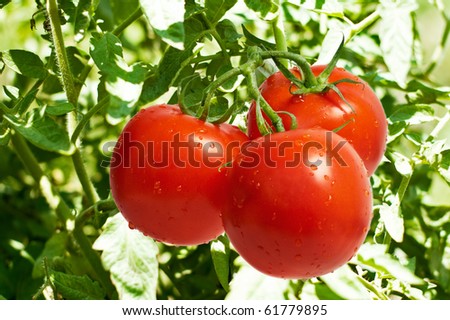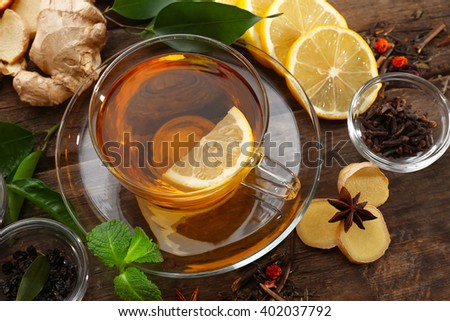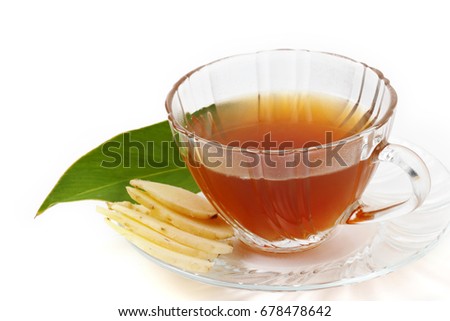It's gardening season in the U.S. and therefore no
surprise tomatoes are beginning to appear in gardens across the land. Given the
right conditions, they are easy to grow and highly productive plants. There is
nothing quite like eating a ripe, garden-grown tomato right off the vine, and
tomatoes are great additions to salads and sandwiches. The health benefits of
cooked tomatoes, which are amplified when combined with a healthy fat like
olive oil, continue to make news.
This gives me the opportunity to underscore the value
of lycopene to your diet. You may already know the lycopene content of tomatoes
is increased when you cook them. Now, new research out of Spain indicates
cooking tomatoes not only enhances the positive effects lycopene has on your
beneficial gut bacteria, but also promotes increased lycopene absorption in
your gut. These are just two more reasons to include tomatoes in your diet.
When you reach for a tomato you may be interested to
know organic ones are thought to be more nutritious than their conventional
counterparts. One study found growing tomatoes according to organic standards
produced tomatoes containing 55 percent more vitamin C and 139 percent more
total phenolic content than their conventionally grown peers.
According to The World's Healthiest Foods, tomatoes
are an excellent source of lutein, zeaxanthin and vitamin C, which is most
concentrated in the jelly-like substance surrounding the seeds. They also
contain good amounts of vitamins K and B, as well as copper, manganese and
potassium. In addition, tomatoes possess anticancer properties and
phytonutrients such as the flavonols kaempferol, quercetin and rutin, in
addition to caffeic acid, coumaric acid and ferulic acid.
The benefits of lycopene, the carotenoid antioxidant
responsible for the red color of tomatoes and other fruits like watermelon, gets
top billing as one of the most important nutrients in tomatoes. Lycopene is
well-known as a powerful antioxidant that decreases your risk of cancer and
heart disease. Lycopene is also notable because:
Its antioxidant activity has long been suggested to
be more powerful than hundreds of other carotenoids, including beta-carotene
A meta-analysis pooling results from more than
116,000 subjects revealed lycopene intake may reduce your stroke risk by nearly
20 percent.
Lycopene plays an important role in your bone health.
Its also been shown to be helpful in treating lung
cancer and prostate cancer (more on that below)
When consumed daily with olive oil for 10 weeks in
the form of tomato paste, it was shown to reduce ultraviolet-induced sunburn by
about 40 percent.
Article Source: Dr Mercola at Mercola.com








